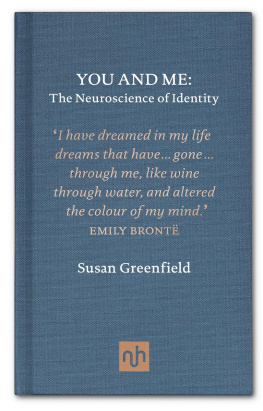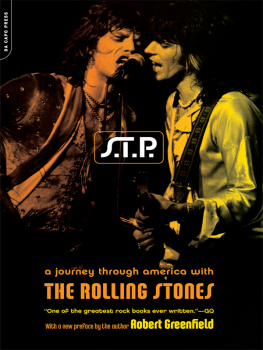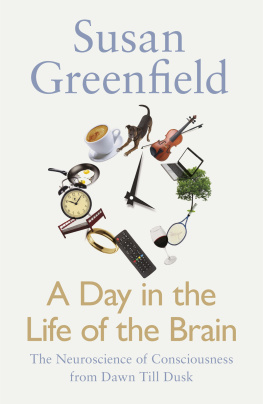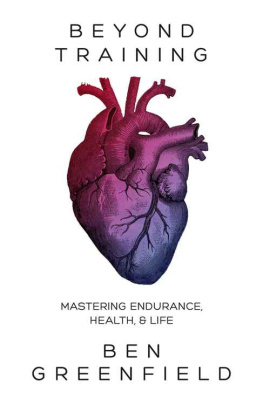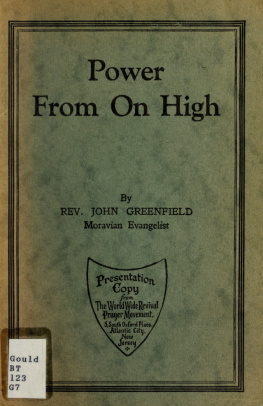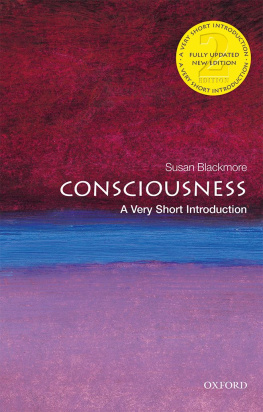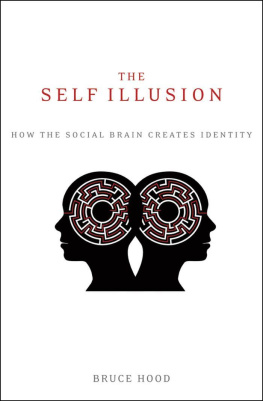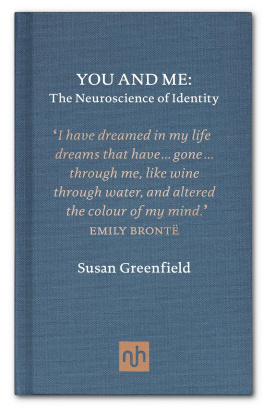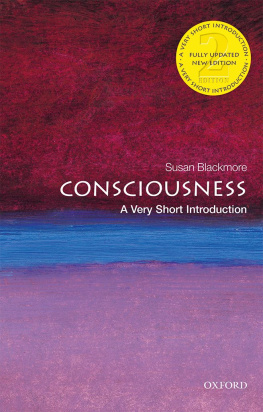T his essay arose out of a series of stimulating conversations with Tom Kremer, the founder of Notting Hill Editions, who contacted me after reading my book ID:The Quest for Identity in the 21st Century (2008). In that work I explored the impact of twenty-first-century technology on identity, and yet left unquestioned the nature of identity itself. The purpose of You and Me is therefore to go a step further and consider the concept of identity from the perspective of a neuroscientist. The writing of this essay has turned out to be a personal journey which has convinced me that our brains offer real grounds for optimism for realising our full human potential. Most fundamentally, it has convinced me that the unique value of every individual human being is not just moral wishful thinking but grounded in biological fact.
The opportunity to work on this fascinating project was made possible by the Stellenbosch Institute for Advanced Study (STIAS), South Africa, where I held a Fellowship AprilJune 2011. I would like to thank the Faculty and Staff of STIAS for all their support and for providing such a stimulating and inspirational environment in which to write.
M ost people are other people. Their thoughts are someone elses opinions, their lives a mimicry, their passions a quotation. Oscar Wildes cynicism regarding identity, or rather the lack of it, is a good starting point for this exploration into what makes you feel, and be, unique. Im going to try and persuade you that, despite the high-tech, impersonal times in which we live, there is a way we can understand identity from a neuroscientific perspective; this perspective should give added insight and ideally grounds for optimism for the future.
If the clear goal ahead is indeed to show that Wilde was mistaken, then whats needed is some kind of tangible and irrefutable proof of our individual uniqueness, ideally a physical process or mechanism or property of the human brain that constitutes the quintessence of our identity. This term is bandied around with great frequency nowadays identity theft, identity cards, national identity: the current sensitivity of all these concepts in our twenty-first-century life only underlines how seriously we take ourselves as unique and special beings. But what do we actually mean when we think or talk about our own, or indeed anyone elses, quintessence?
The easiest way out is simply to point to an identity card or similar documentation. The first and foremost line to fill in will be a name: yet although a name is the first enduring possession you have as an infant, and immediately aims to distinguish you as a unique member of society, names as such are rarely unique. First names are usually drawn from a relatively limited cultural pool, while surnames are similarly commonplace within national and racial norms, and there are frequent instances of individuals with the same combination of first name and surname a scenario made less likely but not necessarily avoided by additional middle names. So what else will add that extra feature that makes your identity different from everyone elses?
Lets turn to the dictionary. Perhaps not surprisingly, it is of little help. The collective aspect of the set of characteristics by which a thing is definitively recognizable or known is clear in its logic but supplies little inspiration. Similarly the offering The distinct personality of an individual regarded as a persisting entity; individuality is really just gesturing at synonyms. Then again, there are other definitions that seem the exact converse of this special quality: The set of behavioural or personal characteristics by which an individual is recognizable as a member of a group; and in a similar vein, The quality or condition of being the same as something else. Here identity is being used in a very different context, as a collective noun that will distinguish one group from another, for example European identity. The best-selling author Philip Pullman takes great exception to this use of the term.
I feel with some passion that what we truly are is private, and almost infinitely complex, and ambiguous, and both external and internal, and double- or triple- or multiply natured, and largely mysterious even to ourselves; and furthermore that what we are is only part of us, because identity, unlike identity, must include what we do. And I think that to find oneself and every aspect of this complexity reduced in the public mind to one property that apparently subsumes all the rest (gay, black, Muslim, whatever) is to be the victim of a piece of extraordinary intellectual vulgarity.
Perhaps the problem is simply that to use the term identity collectively is really using it more as a metaphor, as though the collective group of Europeans or Muslims or gays in question were each indeed a single individual entity. While we may agree with Pullman that this is a simplistic and misleading assumption, the fact remains that the term is still used: but if it is, rightly or wrongly, merely a metaphor, then it is not going to help us. Rather it will muddy the waters if we need to keep acknowledging collective identity. For the time being at least, therefore, lets put this use of the word to one side, and focus on the original notion, that of some kind of individual uniqueness that sets us apart from everyone else who has ever lived or will live in the future.
All of us take pride and pleasure in the fact that we are unique, but Im afraid that when all is said and done the police are right: it all comes down to fingerprints. Banal though it sounds, is David Sedaris (in Holidays on Ice) not actually correct? Fingerprints have been, after all, one of the most well known and established forms of identification for over a century. In all the billions of humans that have been studied, no two individuals have ever been found to have the same fingerprints not even identical twins. The reason is that your fingerprint is not genetically based, not an inherited trait, but a result of your unique experience, specifically your particular position in the womb before birth.
Fingerprints develop early in gestation. Between the sixth and thirteenth weeks of life, the characteristic bumps are already forming on the foetal fingers and palms. Innumerable environmental factors will now influence the formation of the one-off pattern, including the exact position of the foetus in the womb at an exact moment, and the exact composition and density of surrounding amniotic fluid that swirls around the fingers as they touch whatever they meet. The movement of the baby as he or she shifts around inside the womb and the speed and size to which he or she grows all affect how the fingerprint patterns and ridges form and ensure that the truly unique physical feature, which will distinguish each of us from anyone else, is never duplicated. In the entire course of human history, there is virtually no chance of the same exact fingerprint pattern forming twice, because there is no chance of an identical set of pre-natal events occurring to the same extent in the same way at the same time. And while other physical characteristics will change with age, your fingerprint remains the same right up to the grave. Touch something, and you leave on it a telling trace of your uniqueness.

